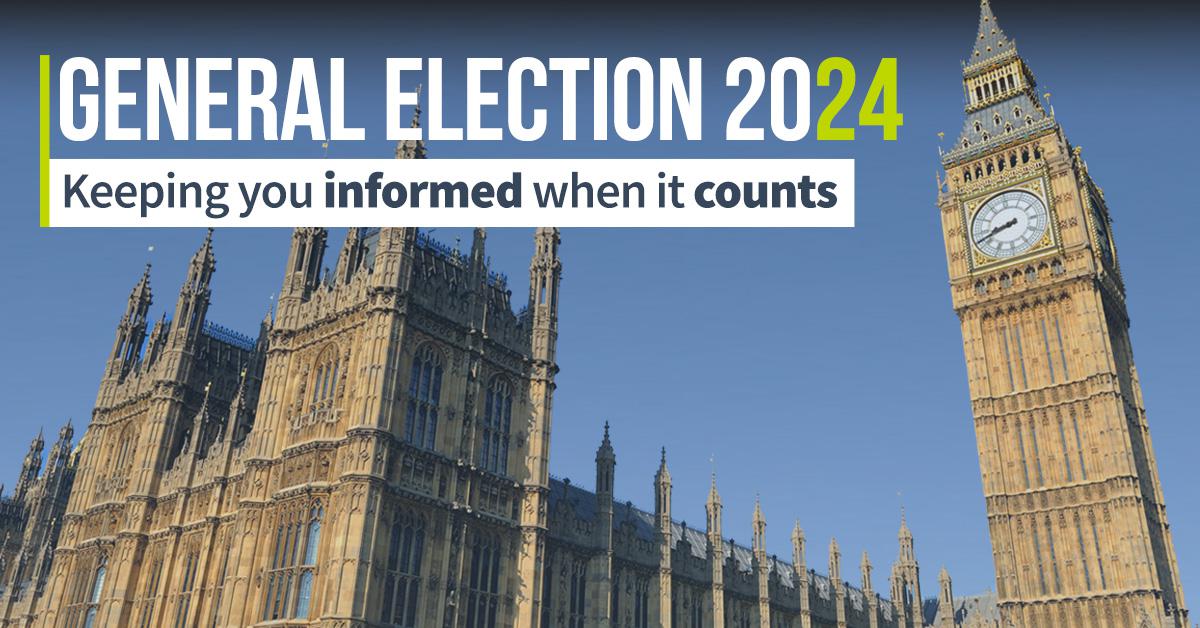

General Election 2024: Labour plans to end section 21 must work for renters and responsible landlords
Labour said it will ‘overhaul’ regulation of the private rented sector if it is successful at the polls on 4 July, during its manifesto launch today.
Section 21 repossessions will be abolished ‘immediately’ by a Labour Government, according to the document, which also announces the party’s intention ‘to prevent private renters being exploited and discriminated against, empower them to challenge unreasonable rent increases, and take steps to decisively raise standards, including extending ‘Awaab’s Law’ to the private sector.’
NRLA Chief Executive Ben Beadle said it is vital the sector has a reasonable time-frame in which to adapt to any changes.
He said: “All of the main parties are committed to ending section 21. What matters is ensuring the replacement system works, and is fair, to both renters and responsible landlords.
“Given this, we agree with the Shadow Housing Minister who has argued that ‘landlords need robust grounds for possessions in legitimate circumstances, and they need the system to operate quickly when they do.’
“We stand ready to work constructively with a potential Labour Government to achieve this and ensure a smooth transition to the new system. This needs to include giving the sector time to properly prepare for it.”
Housing proposals
In addition to rental reform, Labour has pledged to:
- Build a new generation of new towns
- Update the National Planning Policy Framework to restore mandatory housing targets and
- Fund new planning officers through increasing stamp duty paid by non-UK residents.
It has also promised to deliver “the biggest increase in social and affordable housebuilding in a generation” by:
- Strengthening planning obligations to make sure new developments provide more affordable homes
- Making changes to the Affordable Homes Programme to ensure it delivers more homes from existing funding
- Supporting councils and housing associations to build their capacity and make a greater contribution to affordable housing supply
- Prioritising the building of new social rented homes and protect the existing stock
- Reviewing 'how to better protect leaseholders from costs and take steps to accelerate the pace of remediation across the country'
- Bringing 'the feudal leasehold system' to an end and
- working with mayors and councils across the country, 'to put Britain back on track to ending homelessness'
Other changes that would affect the sector
When it comes to energy efficiency, the document said private rented sector homes will need to meet minimum energy efficiency standards by 2030 – although it did not elaborate on what these standards might be.
It also announced a ‘Warm Homes Plan', offering grants and low interest loans to improve energy efficiency and cut bills, although it is not clear if these would be available to PRS landlords.
In terms of welfare, a ‘review’ of Universal Credit ‘so that it makes work pay and tackles poverty’ was proposed, although, again, no detail was given as to what such a review might look like.
More information
- To read the Labour manifesto in full click here.
- Please follow our social media channels and keep an eye on the NRLA news site for all the latest on the General Election and rental reform going forwards – as well as checking out the latest on the party manifestos on the NRLA’s dedicated General Election Hub.

